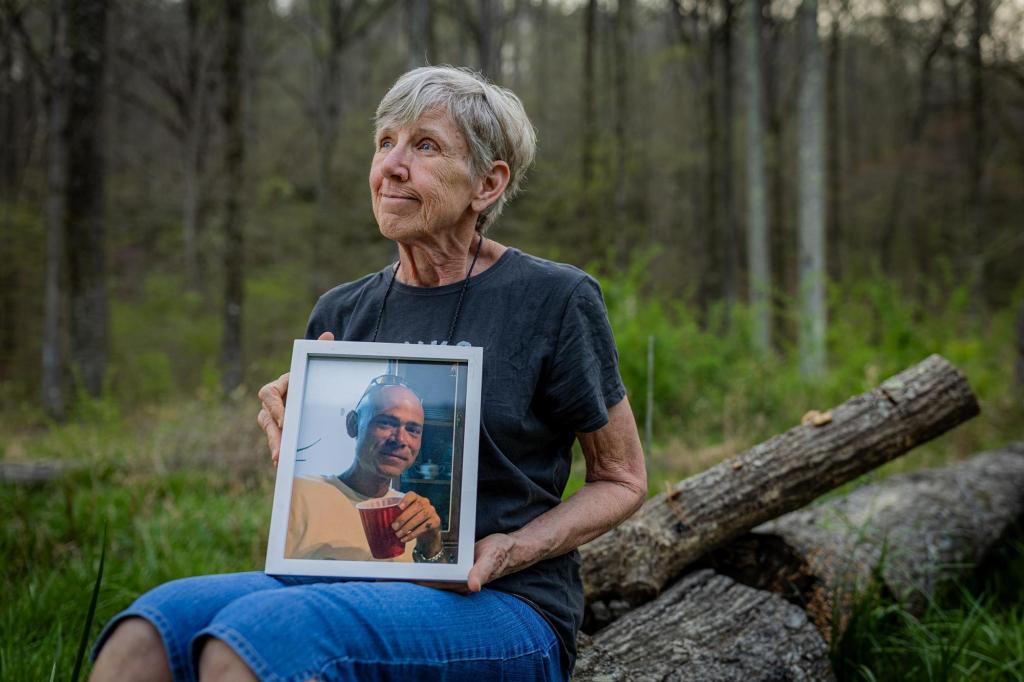By Renuka Rayasam, KFF Health News
Brian Rigsby was lying with his right wrist shackled to a hospital bed in Montgomery, Alabama, when he learned he didn’t have long to live.
It was September 2023, and Rigsby, 46, had been brought to Jackson Hospital from an Alabama state prison 10 days earlier after complaining of pain and swelling in his abdomen. Doctors found that untreated hepatitis C had caused irreversible damage to Rigsby’s liver, according to his medical records.
Rigsby decided to stop efforts to treat his illness and to decline lifesaving care, a decision he made with his parents. And Rigsby’s mother, Pamela Moser, tried to get her son released to hospice care through Alabama’s medical furlough policy, so that their family could manage his end-of-life care as they saw fit.
But there wasn’t enough time for the furlough request to be considered.
After learning that Rigsby was on palliative care, the staff at YesCare, a private prison health company that has a $1 billion contract with the Alabama Department of Corrections, told the hospital it would stop paying for his stay and then transferred him back to Staton Correctional Facility in Elmore, according to the hospital record his mom provided to KFF Health News.
Moser never saw or spoke to her son again.
“The last day I went to see him in the hospital, I was hoping he would take his last breath,” said Moser, a former hospice nurse. “That is how bad I didn’t want him to go to the infirmary” at the prison.
A week later, Rigsby died of liver failure in the infirmary, according to his autopsy report.
Officials at the corrections department and YesCare did not respond to requests for comment.
As the country’s incarcerated population ages rapidly, thousands die behind bars each year. For some researchers, medical providers, and families of terminally ill people in custody, Rigsby’s situation — and Moser’s frustration — are familiar: Incarcerated people typically have little…
Read the full article here







